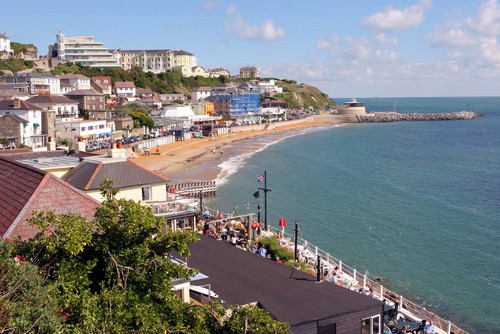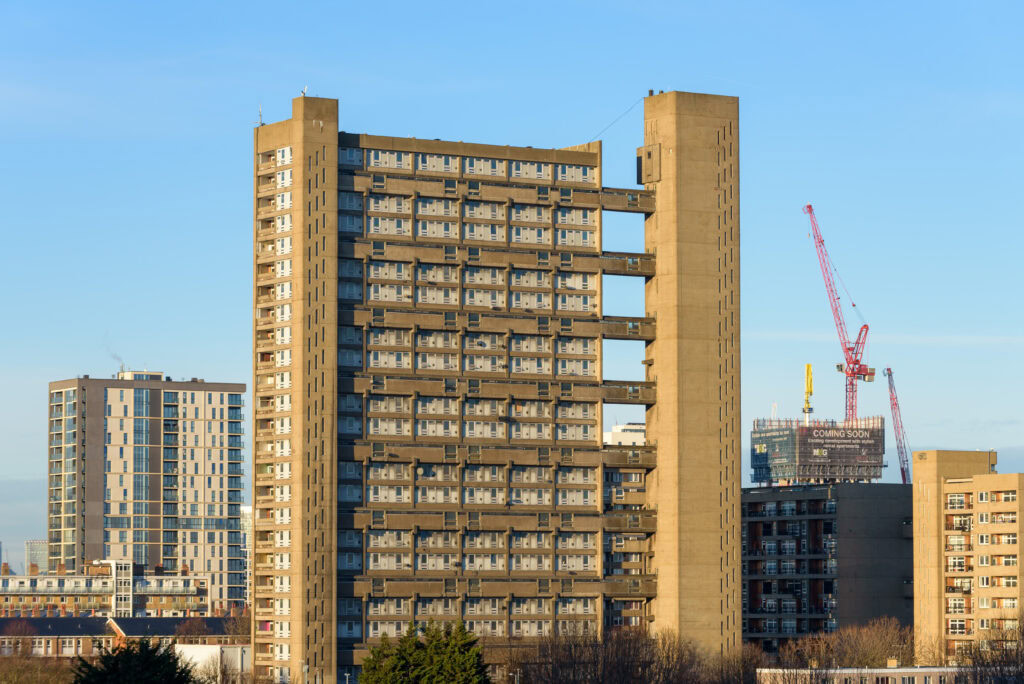Veolia and Amey Cespa will vie to win the 15-25 year contract, which will see one of the contractors provide collection, treatment and disposal services on the island from October 2015.

A total of five contractors had launched bids for the tender in November 2013, with FCC Environment and a consortium comprising Viridor and Serco bowing out of the procurement process in April this year (see letsrecycle.com story).
Biffa was invited alongside Veolia and Amey Cespa to the next stage of the tender, which required them to demonstrate how they would achieve a 90% landfill diversion rate by 2025 and a composting rate of 55% by 2020.
However, this latest development means that Biffa – which owns the council’s current waste management contractor Island Waste Services – is no longer in the running to receive the contract.
The council will now meet to decide whether Veolia or Amey Cespa should be awarded the contract, with a final decision expected in August 2015.
Island Waste Services
Island Waste Services has provided household waste services on behalf of Isle of Wight council since 1997. In February 2012 the island switched to alternate weekly collections of refuse and recycling – as well as introducing a weekly food waste collection service.
The move to change contract was partly the result of the council’s desire to reduce its dependence on sending waste to the gasification plant operated on the island by Waste Gas Technology a subsidiary of energy firm Energos.
The facility had been described as ‘unreliable’ following a temporary closure due to breaches of emissions limits (see letsrecycle.com story).
The council is also keen to provide a ‘more affordable’ service under the new contract – as well as boost its recycling, composting and reuse rate, which rose from 46% in 2012/13 to 48.1% in 2013/14.
‘Lessons learned’
Executive member for sustainability, environment and public realm, councillor Luisa Hillard, said: “We are now entering the final phase of the selection process and I am confident that this contract will be future proof, in accordance with good practice and build on lessons learned from the past.
“It is vital that the new contract is affordable and offers value for money to our residents while achieving the best possible recycling rates and increased sustainability. I am also expecting real community and social benefit for the Island.”








Subscribe for free